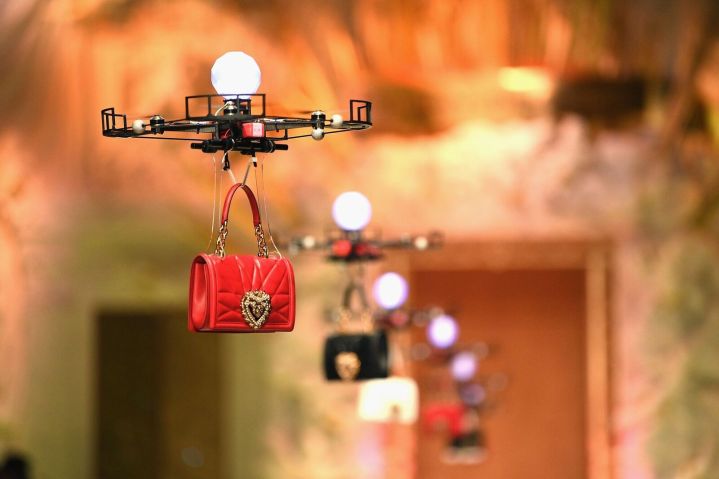Ford has long been part of what happens on the road, but now, it’s setting its sights just a little higher — literally. The automotive company recently published a blog post that revealed it is “looking to the skies” with new drone research. A team in Silicon Valley is researching how drones might ultimately serve Ford’s customers in the (not so distant) future.
“As researchers, we were intrigued by the relationship between our vehicles and drones,” wrote John Luo and Adi Singh, researchers and scientists in Ford’s Research and Advanced Engineering division.
And the company couldn’t be getting in at a better time. After all, while mentions of drone in the media are practically ubiquitous, the technology itself is still quite new. Most importantly, as Luo and Singh pointed out, “One big hurdle that keeps drones from becoming truly efficient work tools is the framework that determines what rules they will play by in the air.”
As a result, Ford will soon be taking part in the FAA’s Unmanned Aircraft Systems Symposium, and will be the only automaker represented on the FAA’s Aviation Rulemaking Committee. The firm’s presence is crucial, Luo and Singh said, because Ford knows a thing or two about transportation, which is ultimately what drone technology is all about. Indeed, Singh believes that drones could one day deliver not only packages (as is already being tested by retailers like Amazon), but human beings as well.
Ford further believes that drones and cars may not always be separate entities. The company noted that drone technology could be integrated into vehicles, but in order to do so, Ford needs to “develop a good understanding of how it works, how it can be used, and what its limitations are.” While it’s unclear as to exactly how drones will eventually be married into Ford’s business and products, it’s certainly an interesting future to look forward to.
“As drone adoption accelerates, we think many of our customers will want to use these devices as part of their lifestyle, whether to pursue hobbies or even as a tool for their business — no different than how they use an F-150 or Transit on a job site,” the researchers concluded. “By conducting in-house research in this emerging area while simultaneously participating in the regulatory conversation at the federal level, Ford is laying the groundwork to make sure our vehicles can deliver the right experiences to our customers as we transition to a smart world.”
Editors' Recommendations
- Ford is only making 2,000 of these matte black F-150 Lightnings. Here’s your first look
- Amazon shows off new delivery drone ahead of trial service
- Drone delivery from this new location makes perfect sense
- Watch this daredevil ad shot by a drone from way up
- DJI shows off volcano video shot with its new FPV drone



